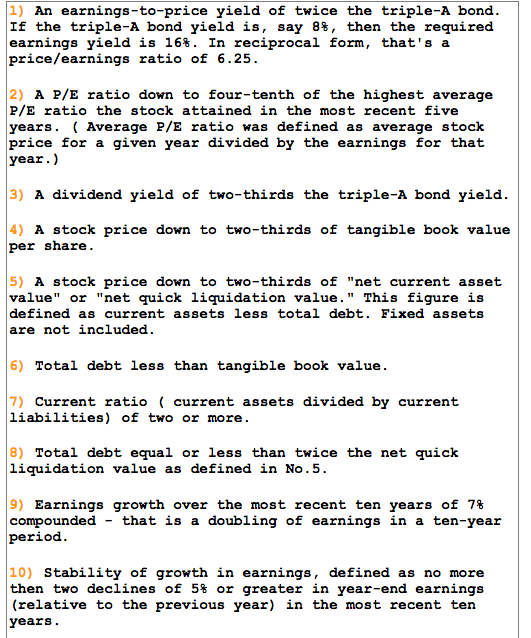 Regular readers of this blog will know that I am a fan of quantitative trading methods. I’m not a very good discretionary trader so I get around that fact by using rules to make investment decisions.
Regular readers of this blog will know that I am a fan of quantitative trading methods. I’m not a very good discretionary trader so I get around that fact by using rules to make investment decisions.
It pays off since it stops me second-guessing my trades and getting out at precisely the wrong time (which is what usually happens).
Here are four reasons why I use investing rules and why you should too:
#1. First of all, using a set of rules saves time
Once a strategy has been set up, scanning for potential stocks takes just a few seconds. And once that’s done, you can narrow down your choices in a matter of minutes or hours.
This is a much more efficient and logical way to look for investments. And ultimately, it means you can invest for yourself and manage your own money.
It also means that you can automate many parts of your investment process and end up making passive investment choices.
#2. Minimise emotion
The second advantage is that rules greatly reduce the impact of emotional trading.
Psychology plays a huge part in the stock market and the worst thing you can do is to sell a stock based on an emotion or feeling, such as fear, greed, or hope.
The aim is to buy low and sell high, but too many investors get their fingers burnt by doing the exact opposite. They sell when the market is crashing, because of fear, and they buy when the market has already gone up, out of hope or greed.
By following a set of rules, you can invest in a business-like manner, and have confidence that your decisions are the right ones. This is a far better strategy than relying on personal judgement or opinion.
#3. Warren Buffett uses rules
The third reason to use rules is that you’ll be in great company. Nearly all of the investment greats use some kind of rules-based strategy to aid their investing.
Warren Buffett uses a set of rules to determine company value that he has derived from the work of Benjamin Graham. And a good book that describes Buffett’s rules in detail is Buffettology by Mary Buffett.
Ben Graham rules courtesy of investmenttools.com
Likewise, John Templeton, Peter Lynch, Joel Greenblatt, David Harding, many of the world’s greatest investors use rules to help select stocks and make profitable trades.
In the case of Peter Lynch, he favours use of the PEG ratio, and the price-to-earnings line. And these techniques helped him to make 30% returns over 13 years.
In the case of Joel Greenblatt, he’s a big proponent of the Magic Formula.
Meanwhile, David Harding is a trend follower who utilises a systematic approach for his managed futures trading fund. Read more about trend following methods here.
#4. Rules narrow down a selection
Lastly, rules are the best way to narrow down a list of companies so you can focus in on a smaller selection. You can then do your homework on those companies and evaluate whether to invest or not.
There are over 8,000 stocks listed in the United States so using rules in this way is a great timesaver.
And if you’re interested in scanning for stocks see this list of free stock screeners.

